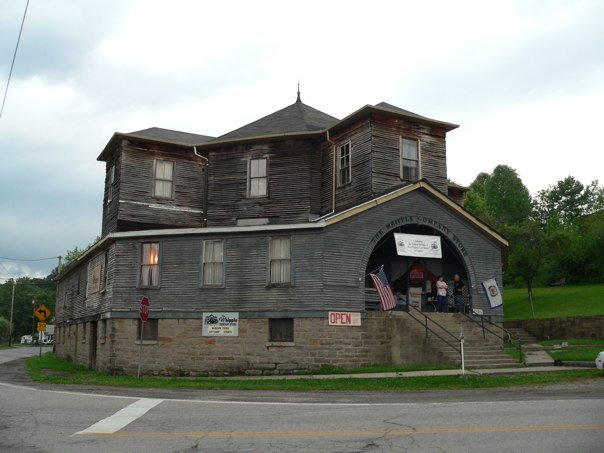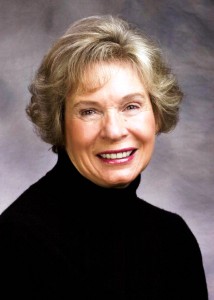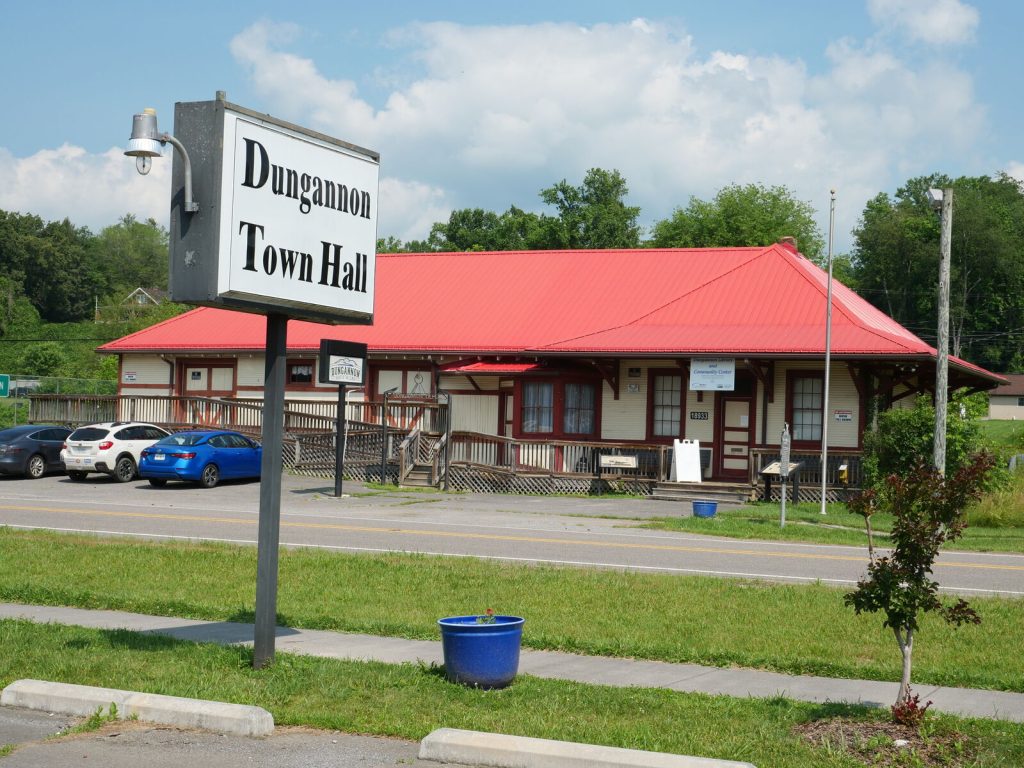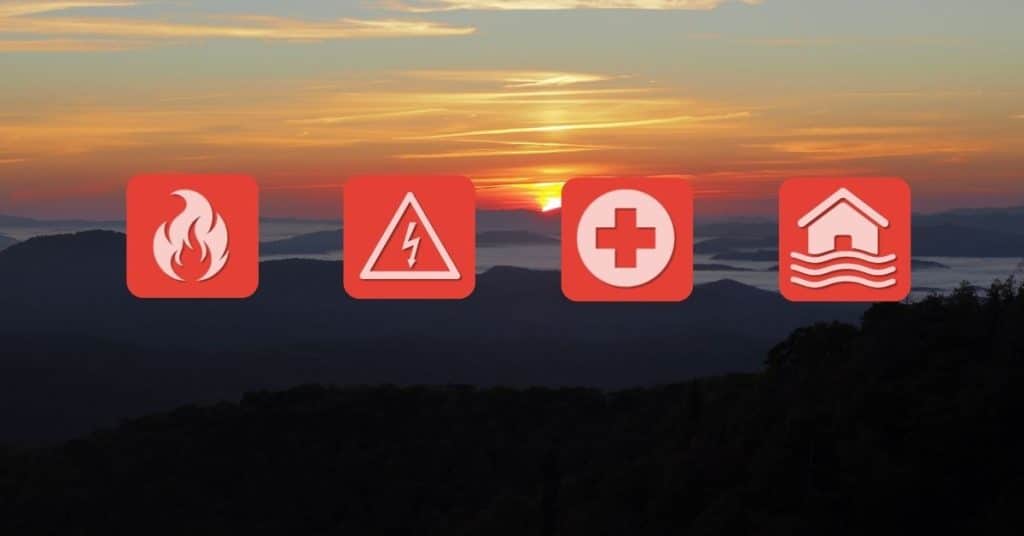Cultural Legacy
Joy Lynn
Getting the “Coal” Experience at Whipple Store
By Jillian Randel
Traveling down County Route 612 somewhere between Oak Hill and Scarbro, W.Va., you will find one of the oldest wooden coal camp company stores still in business- the Whipple Company Store nowadays operating to preserve mountain heritage.
In 2006, Joy Lynn bought the historic museum—a longtime childhood dream—and invited her husband along for the ride.
The company store still contains the original hand-operated freight elevator, post office and a third floor ballroom. The store’s Appalachian Heritage Museum hosts year-round events like the Moonlight Masquerade and Haunted History Tours.
The Lynns have created interactive and educational opportunities for visitors including a game where children can mine and weigh coal, get paid in scrip and trade their scrip for toys and candy—just as coal families used to.
The store is open from May through November 11-6 daily. Visit: whipplecompanystore.com
Phyllis Sizemore
Teaching about Life in the Mines
Written by Rachael Goss
Phyllis Sizemore wants the public to experience coal from the depths of the coal mines.
While most of America’s coal interactions come through light switches and thermostats, Sizemore, the curator of the Kentucky Coal Museum in Benham, Ky., is determined to highlight all facets of coal by telling the stories of the men and women and mining that produces it.
The museum is host to Portal 31, an interactive tour of a defunct underground coal mine that allows visitors to tour eight different eras of mining, and hear from recorded first-hand accounts what life was like for the average coal miner.
In addition, Sizemore oversees the museum’s other exhibits, including art inspired by the experience, and emotional toll of coal on local citizenry. With mining on the wane in Harlan County, another goal of the museum is to create a culture of tourism to help revitalize the region. Sizemore is leading the way on creating a future for her community by drawing on the legacy of the past.
Becky Anderson
Handicrafting Livelihoods
By Anna Oakes
When a group of western North Carolina citizens met in 1993— concerned that the region was seeing its relative economic standing in the state wane— they realized that tapping into the rich mountain tradition of crafts could provide sustainable economic opportunities.
“The production of handmade crafts represents an ‘invisible factory’ already existing in the region,” said Anderson, founder of HandMade in America.
Anderson, now retired, founded the program in 1995 that today facilitates the growth and sustainability of quality handmade objects in a 23-county area of western North Carolina.
HandMade in America publishes guides and an online database encouraging travel to artisan studios and cultural attractions, provides resources for craft entrepreneurs and assists with community restoration.
In 2000, U.S. News and World Report named Anderson one of America’s Top 20 Visionaries.
For more info on HandMade in America, visit handmadeinamerica.org.
Highlander Center
The Birth of Grassroots Organizing
By Rachael Goss
Throughout the history of Appalachia, women have risen to the call for community empowerment, and for 75 years, the Highlander Research and Education Center in New Market, Tenn., has served as a fire-starter and training ground for activists across the region and greater nation.
Formerly the Highlander Folk School, the Center has proven as resilient and resourceful as the people and communities it seeks to empower. From protecting labor rights in industry to cultivating the tools for the civil rights movement and beyond, a quick glance at Highlander’s history reveals that many of the most dynamic figures to emerge from the Center were rabble-rousing women, who created unique histories of their own while forever changing the fabric of the American story.
Many of the matriarchs of the civil rights movement, including Rosa Parks, Septima Clark, Nina Simone and Zilphia Horton used the Highlander Center as an organizing resource, where they participated in integrated workshops and trainings. In a time of racial tension, the Center’s dedication to social justice created a strategic safe haven for building the movement.
As the civil rights battle raged on, Highlander also became involved in the plight of communities in Appalachia’s coalfields. With growing concern over mining’s impact on the environment and the health of these communities, the Center started the Southern Appalachian Leadership Training program. This foray into organizing for environmental justice has trained many of the women warriors challenging the coal dynasty throughout Appalachia.
The list of organizers to come forth from Highlander is exhaustive, and the ripples created at the Center extended far into movements for social and environmental justice across the world. Today, Highlander continues to empower men and women alike, with specific programs aimed at catalyzing a new generation of Appalachian young women. The legacy of Highlander’s women warriors is a work in progress.
Laura Boosinger
Written by Alli Marshall
“Laura Boosinger’s has a reputation as one of North Carolina’s most talented singers and interpreters of the music of the Southern region,” says the musician’s website.
Boosinger, who has been playing banjo since she moved to Swannanoa to attend Warren Wilson College at age 18, has performed with the likes of mountain swing virtuosos the Luke Smathers Band, Stanley Brothers’ guitarist George Shuffler, David Holt and the Lightning Bolts.
But Boosinger’s mission is much farther-reaching than a collection of album credits and shared stages. She regularly presents school programs on ballads and folk songs, the history of country music, and the relationship between traditional music and culture. Boosinger also takes time at festivals and concerts to demonstrate lesser-known mountain stringed instruments like the Appalachian dulcimer and fingerstyle autoharp.
As the executive director of the Madison County Arts Council, Boosinger prioritizes traditional music in the programming, with shows like, “The Fiddlers of Madison County,” that keep mountain sounds current. Part historian, part troubadour, Boosinger has carried the torch of mountain folk music to schools, arts councils, workshops, galleries and even to Washington, D.C. where she performed at the Library of Congress.
Visit: lauraboosinger.com.
Related Articles
Latest News

Leave a comment
Your email address will not be published. Required fields are marked *







Leave a Comment